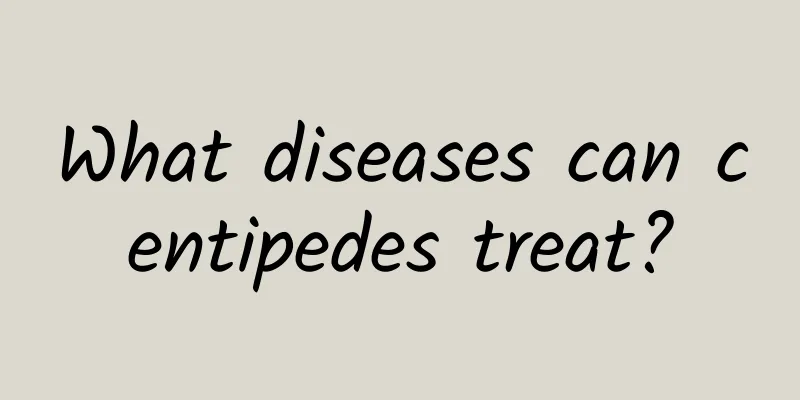What to do if a tumor grows in the heart

|
Cardiac tumors are relatively rare in clinical practice, and the causes of cardiac tumors are many and complex. Benign cardiac tumors account for the majority. For cardiac tumors, if they are relatively small, grow and develop slowly, and do not cause too many symptoms in patients, conservative methods can be used for treatment. Of course, if the tumor grows and develops quickly, the best method is surgical treatment. treat Surgical resection is the treatment of choice for cardiac tumors, and the prognosis depends on the pathological type and extent of invasion of the tumor. As long as benign cardiac tumors can be removed, the prognosis is good, and the recurrence rate of myxomas is low. Surgical treatment of malignant cardiac tumors can clarify the nature of the tumor, relieve mechanical obstruction, and alleviate patient symptoms. However, almost all malignant cardiac tumors have a poor prognosis. Surgical treatment is only palliative surgery and is prone to recurrence. The average survival time is 3 months to 1 year. Heart transplantation has many requirements and the results are uncertain. For cardiac lymphoma, chemotherapy is the only option. Clinical manifestations The clinical incidence of cardiac tumors is very low, but because the tumor grows in the heart, even benign tumors can cause heart failure due to obstruction of the heart cavity, or cause pulmonary and systemic embolism due to the detachment of tumors and thrombi, and even serious complications such as sudden death. The four most common clinical manifestations are: 1. Symptoms of blocked blood flow to the heart Symptoms and signs caused by the cardiac tumor itself may include chest pain, syncope, congestive left and/or right heart failure, valvular stenosis or insufficiency, arrhythmia, conduction disorder, intracardiac shunt, constrictive pericarditis, bloody pericardial effusion or cardiac tamponade. 2. Systemic manifestations Cardiac tumors can produce a wide range of noncardiac systemic manifestations, such as fever, anemia, weight loss, accelerated erythrocyte sedimentation rate, and cachexia. 3. Arterial embolism Clinical manifestations of embolism caused by fragments or thrombi on the surface of cardiac tumors include symptoms of systemic arterial and/or pulmonary artery embolism, such as hemiplegia and aphasia. 4. Abnormal electrocardiogram Atrial fibrillation, tachycardia, right bundle branch block, atrial or ventricular enlargement, etc. |
<<: Tips on how to deal with itchy scalp
>>: What diseases will women get if they have too much moisture?
Recommend
Toxic enteritis
There are certain differences between toxic enter...
How to treat impetigo
Impetigo is a contagious disease, which we often ...
Rosemary for Hair Loss
Rosemary, also known as ocean dew, is a plant tha...
What to do if your baby is constipated and has difficulty defecating
Babies need to poop every day, usually once or tw...
What are the symptoms of uneven nails? The relationship between nails and health
Nails are closely related to the health of our bo...
What does penis size have to do with
Men all consider the size of their penis, and the...
The effects and functions of the root of Illicium erythrorhizon
In daily life, many people want to know what dise...
Scalp Trichocystis
As the name suggests, scalp hair follicles are a t...
What to do if you have a headache on the left side
Many people experience sudden headaches in their ...
Can renal hamartoma be cured?
In life, many people may not have heard of renal ...
The beauty benefits of Panax notoginseng powder
Panax notoginseng powder is a powder made from th...
Does hcg rise during ovulation?
The ovulation period is the time when the egg is ...
What should I do if I get angry during early pregnancy?
Many women have unstable emotions when they are p...
What to do if you have a sore throat
Throat inflammation is a very common condition in...
How to treat autism
Autism, also known as autism, is medically known ...









